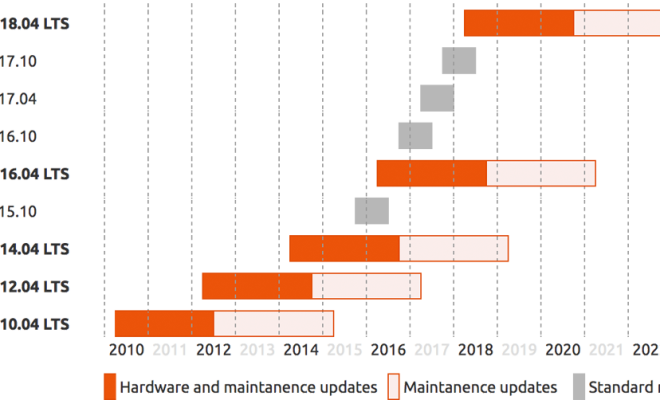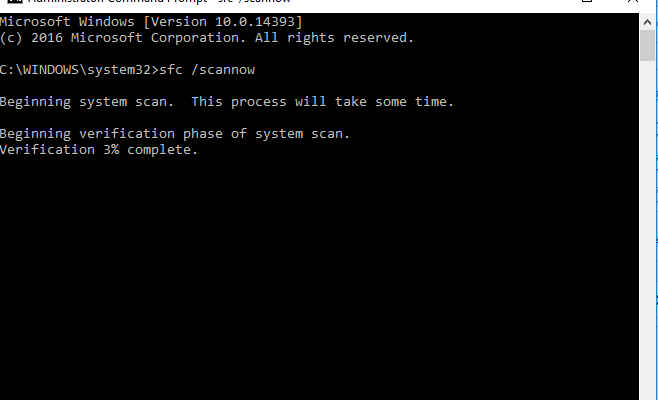Why You Should Prefer Ubuntu LTS Over Normal Releases

As a Linux user, you may be familiar with the Ubuntu operating system. Ubuntu is one of the most popular distributions of Linux, known for its user-friendly interface and ease of use. Within the Ubuntu distribution, there are two types of releases: the Long-Term Support (LTS) and the regular or standard releases. In this article, we will discuss why you should prefer Ubuntu LTS over normal releases.
Firstly, it’s essential to understand what Ubuntu LTS and regular releases are. Ubuntu LTS is a version of Ubuntu that is released every two years and is supported for five years. This means that users receive security updates and bug fixes for five years after the release date. On the other hand, regular releases come out every six months and receive support for only nine months. Therefore, once the support for a regular version ends, users have to upgrade to the latest version to receive security and bug fixes.
One of the main advantages of Ubuntu LTS over regular releases is stability. LTS releases are thoroughly tested and more reliable than the regular releases. The testing process ensures that all features work as intended, and crucial bugs are patched before release. This testing’s rigorousness guarantees that users experience fewer system crashes and errors, improving their overall experience.
Another significant advantage of Ubuntu LTS is continuity. Because of its long-term support, users can plan their upgrades and transitions efficiently, avoiding sudden changes in their workflow. LTS releases are designed for enterprises, institutions, and long-term users. As these users tend to rely on their systems’ stability and continuity, sticking to an LTS is the best option.
Furthermore, the development community behind Ubuntu’s LTS release extends its support to packages used in the release. This means that users can expect security and maintenance patches for not only the core system but also the applications running on it. Developers provide this long-term support for packages that are in use by long-term users.
Lastly, Ubuntu LTS releases are a better option for beginners, those who are new to Linux, and people who don’t want constant upgrades. LTS releases come with fewer updates and upgrades, making them more stable and more manageable. These users can focus on learning the system and how to use it effectively without having to keep up with frequent updates.
In conclusion, Ubuntu LTS releases are a better option over regular releases because of their stability, continuity, extended package support, and lower updates/upgrades frequency. They are the best fit for large institutions, enterprises, long-term users, beginners, and Linux users who don’t want to mess around with constant upgrades. If you’re looking for a stable and reliable system, Ubuntu LTS is the way to go.






